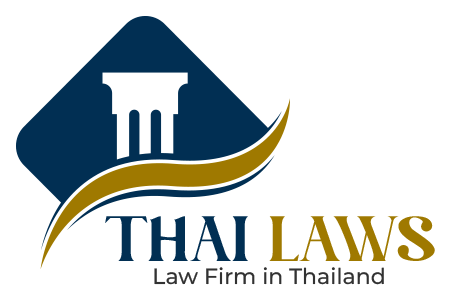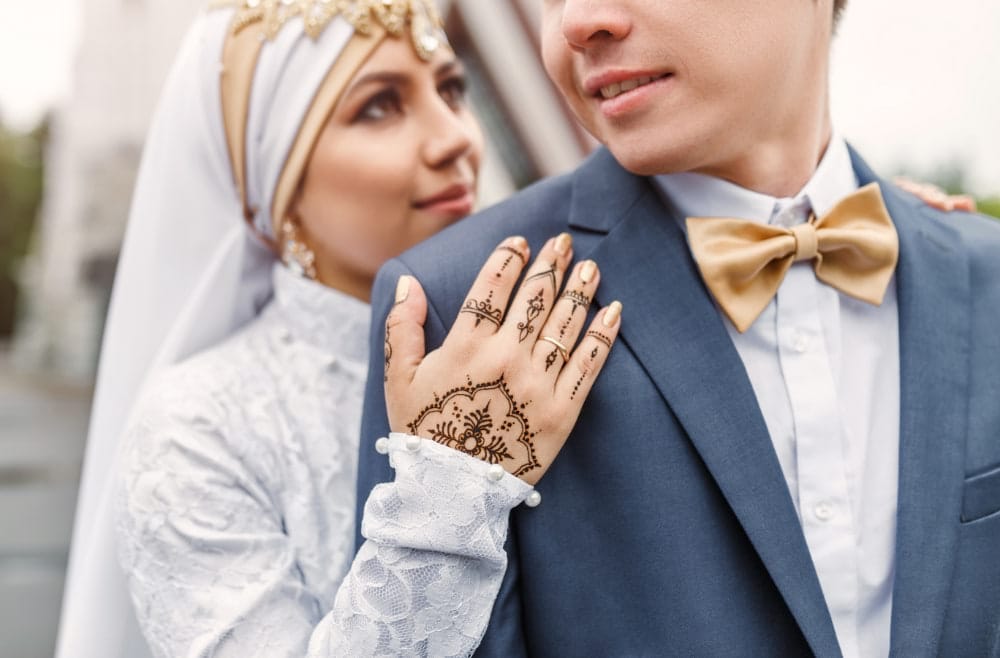Muslim marriage in Thailand sits at the crossroads of Islamic personal law, Thai civil registration practice and practical administrative steps for foreigners and cross-border couples. If you’re Muslim (or marrying a Muslim) and want a legally secure nikāḥ in Thailand, you need to understand two parallel tracks: (A) the religious ceremony and its registration through Thailand’s Islamic authorities, and (B) how the Thai state recognizes that marriage for civil-law purposes — and where Islamic family law (Sharia-based rules) actually applies within Thailand’s courts system. This guide explains the rules you’ll use, the documents and steps required, the role of Islamic courts in the south, cross-border and polygamy issues, and practical pitfalls to avoid.
1. Two-layer reality: religious ritual + state recognition
A Muslim marriage (nikāḥ) is first a religious contract. In Thailand, the mainstream route is to have the marriage performed under Islamic rites by authorized officials (e.g., at the Central Islamic Council / National Islamic Committee or local Islamic centers), obtain the Islamic marriage certificate, then register that marriage with the civil authorities so the state recognizes it and issues the civil marriage record. Registration with the Central Islamic Council (or a recognized Kazi/Islamic office) is therefore essential for the marriage to be effective for Thai legal purposes.
2. Who can marry and conversion requirement
Standard practice across the official Islamic registration channels is that both parties should be Muslim. If one partner is not Muslim, many posts require that person to convert to Islam before a nikāḥ will be registered — in practice conversion can be a short public declaration at the Islamic office and the office will issue a conversion certificate alongside the marriage documents. If you are a foreigner planning to marry a Thai Muslim, confirm the exact conversion formalities with the local Islamic authority or the Central Islamic Council in advance because interview and documentary checks vary slightly by office.
3. Documentation and procedural steps (practical checklist)
Although forms differ between provinces and the Central Islamic Council, the usual documentary pack looks like this:
• Passports or Thai ID cards for both parties (originals and copies).
• Proof of single status for each party (single certificate / affidavit or certified embassy-issued proof).
• Birth certificates (with certified translation into Thai if foreign).
• Divorce certificate or death certificate of prior spouse (if applicable).
• Proof of parental consent where required (minors).
• For conversion: the conversion certificate issued by the Islamic center.
• Two witnesses for the ceremony (often required by Islamic ritual).
After the ceremony the Islamic office issues a nikāḥ certificate (often in Thai and English/Arabic). You must then legalize or register the nikāḥ with civil authorities (or the Central Islamic Council will do so as part of their administrative process). Tourist-wedding packages and private organizers often handle bookings and document pre-checks, but responsibility for correctness rests with the couple — don’t skip certified translations and embassy attestations for foreign documents.
4. Where Islamic family law applies — the four southern provinces
Thailand has a distinctive, limited pluralism: Islamic family law (the Muslim Family Law Code and related instruments) is applied in the provincial courts of the four southern border provinces (Pattani, Yala, Narathiwat and parts of Satun) to Muslims for matters of family law and inheritance. Outside that region, family disputes generally proceed under the Thai Civil and Commercial Code even for Muslim couples, although Islamic marriage registration and relevant practices are still respected administratively. If you live in or your dispute is in the three southern border provinces, expect a different substantive legal regime for divorce, polygamy recognition and inheritance.
5. Polygamy, divorce and maintenance — practical legal effects
Under Islamic personal law as applied in the southern provinces, polygyny (one husband with up to four wives under certain conditions) may be recognized in the religious court system — but recognition, registration and the practical protections for wives differ from civil-law marriage rules. Elsewhere in Thailand, the state does not grant special civil-law privileges for multiple simultaneous marriages: the civil register cannot show more than one legal spouse for most administrative purposes. Divorce procedures, child custody and maintenance under Islamic family law follow Sharia-derived rules where that code applies; in other courts, the Civil and Commercial Code governs. If polygamy or religious divorce is a real possibility in your situation, obtain region-specific legal advice because administrative registration, property division and recognition across borders can be highly fact sensitive.
6. Foreign spouses, cross-border recognition and legalization
If one spouse is foreign, expect extra steps: certified translations, embassy attestations or consular legalization, and Ministry of Foreign Affairs (MFA) legalization for some documents. Some countries require that a marriage be registered with the home-country consulate to be recognized there — so ask your embassy whether the Thai Islamic marriage certificate plus civil registration suffices for return-country recognition. Cross-border recognition of polygamous or Sharia divorces is particularly tricky: a religious divorce recognized in southern Thailand may not have legal force in the foreign spouse’s home state without separate procedures.
7. Interaction with Thai civil registration — don’t skip civil recordation
Religious validity alone doesn’t always guarantee administrative effect (e.g., for passport applications, family registrations or inheritance steps). Always ensure the nikāḥ is recorded with the civil registry or the national Islamic authority in Thailand so that the marriage appears in the state records — otherwise you may face problems later when dealing with banks, immigration, property or cross-border consular matters. Many couples complete both the Islamic ceremony and a civil-registry step or ask the Central Islamic Council to handle the civil registration for them.
8. Practical pitfalls and planning tips
-
Plan translations and legalization early. Foreign documents frequently cause delays — get certified Thai translations and embassy attestations well before your ceremony date.
-
Confirm conversion mechanics if one partner is non-Muslim. Some offices treat conversion as a brief declaration; others require a more formal process or paperwork.
-
If you or your spouse are from a country that does not recognize polygamy, don’t assume a locally registered polygamous marriage will be recognized back home. Get consular advice.
-
If property, children or cross-jurisdictional divorce are foreseeable, get legal advice from a lawyer experienced in both Thai civil family law and Islamic family law in the southern provinces.
-
For foreigners marrying in Thailand as a destination wedding, use a reputable legal or marriage-services provider to avoid documentary mistakes and to handle MFA/legalization steps.




